What To Do Now if Your Heat Stops Working Suddenly
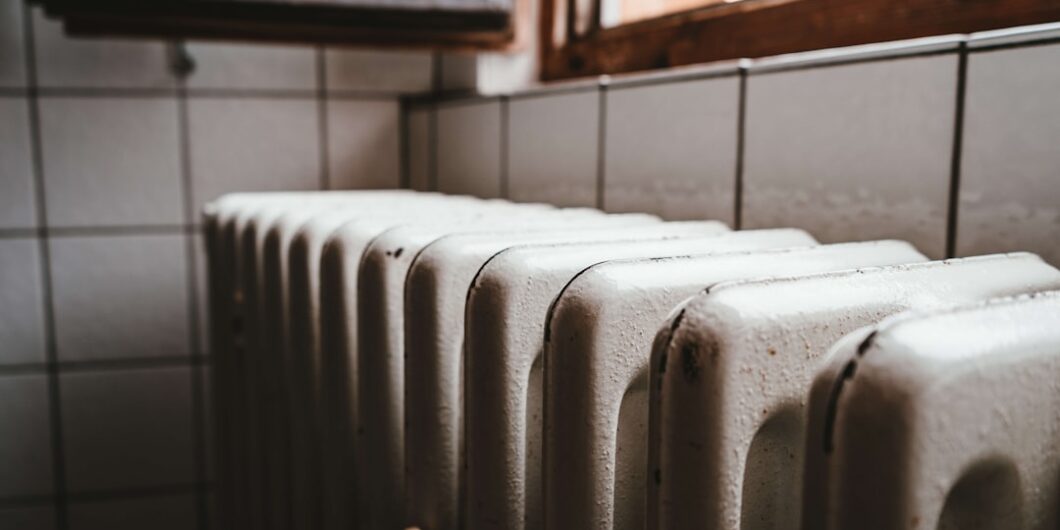
Winter in New Hampshire can get harsh. If your heating system fails, it’s important to know what to do if your heat stops working.
A non-working heater isn’t just uncomfortable—it can be dangerous, especially for children, pets, or elderly residents. Homeowners in Southern NH, whether looking at Londonderry houses for sale or managing their current property, need clear steps to stay safe and warm.
This guide walks you through quick fixes, emergency solutions, and preventive tips to handle heating problems effectively.
1. Stay Calm and Assess the Situation
The first step in handling a heating failure is staying calm. To know what to do if your heat stops working, do this:
Check if the thermostat is on and set to heat.
Confirm the circuit breaker hasn’t tripped.
Look for pilot light issues on older furnaces.
Sometimes, the solution is simple, but early assessment prevents panic.
2. Check the Thermostat Settings
Many heating issues are caused by thermostat problems. To understand what to do if your heat stops working, examine:
Temperature setting: make sure it’s higher than room temperature.
Mode selection: set to “heat,” not “cool.”
Batteries: replace if necessary.
Correcting a thermostat issue is a fast way to restore warmth without calling a technician.
3. Inspect Your Furnace or Boiler
Your heating system itself might need attention. Steps include:
Checking filters for clogs that block airflow.
Ensuring vents and registers are open and unobstructed.
Resetting the system if a reset button is available.
Regular maintenance helps prevent future issues, especially in Southern NH houses for sale where winter can be long and cold.
4. Look for Power Issues
If your heater still isn’t working, check power sources. To know what to do if your heat stops working:
Confirm breakers haven’t tripped.
Check fuses or switch settings.
Ensure the system is plugged in and receiving electricity.
Power interruptions are common causes of heating failure.
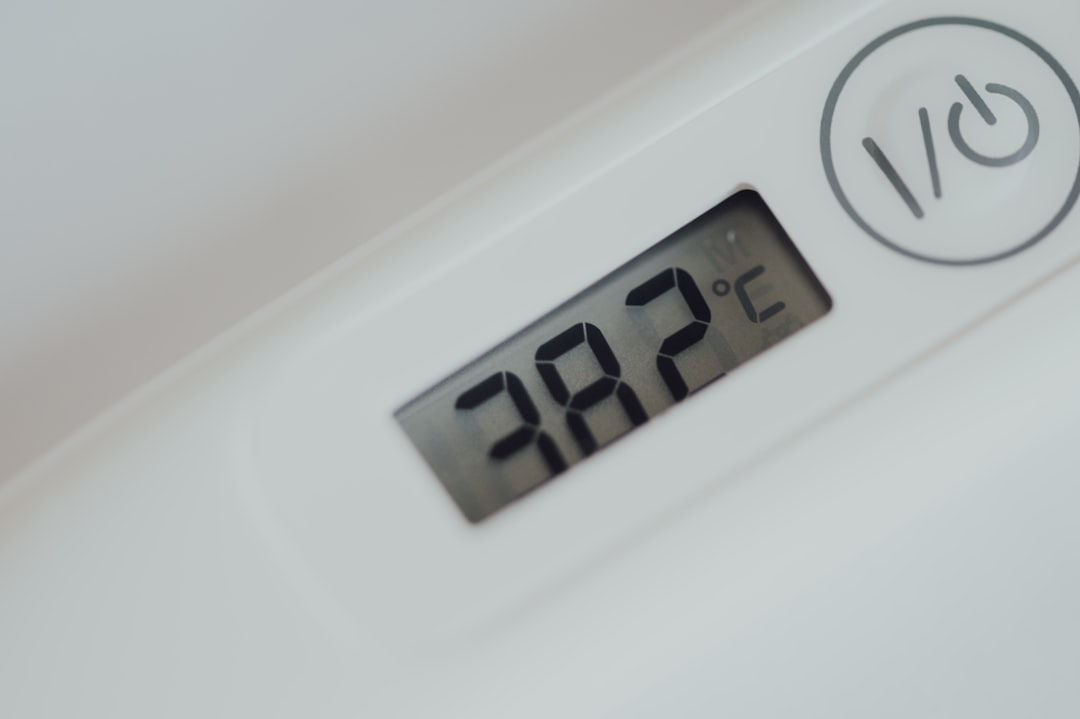
5. Use Temporary Heat Sources Safely
While waiting for repair, temporary solutions keep you warm. Options include:
Space heaters with safety certifications.
Layered clothing and blankets.
Closing unused rooms to focus heat where it’s needed.
Always supervise portable heaters and follow manufacturer safety instructions.
6. Check for Gas or Fuel Issues
For gas or oil systems:
Confirm the gas supply is active.
Make sure oil tanks are full.
Inspect pilot lights and ignition systems.
Understanding fuel status is essential when deciding what to do if your heat stops working safely.
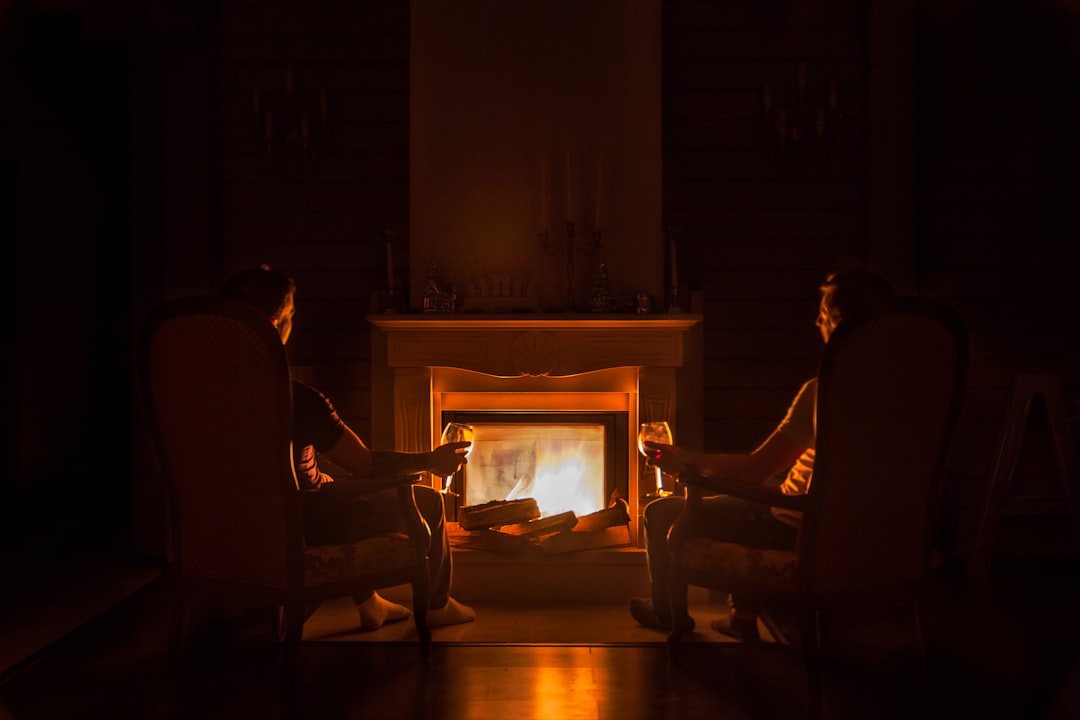
7. Call a Licensed HVAC Professional
If basic checks don’t work, call a professional. Consider:
Licensed HVAC technicians in Southern NH.
Booking service promptly to avoid prolonged exposure to cold.
Asking for emergency or same-day service if temperatures are low.
Technicians can diagnose issues you can’t fix safely on your own.
8. Protect Your Pipes and Home
A heating outage risks frozen pipes. To know what to do if your heat stops working, take these steps:
Keep water dripping in faucets to prevent freezing.
Open cabinet doors near plumbing to allow heat circulation.
Use insulated covers for vulnerable pipes.
Preventive actions save costly repairs later.
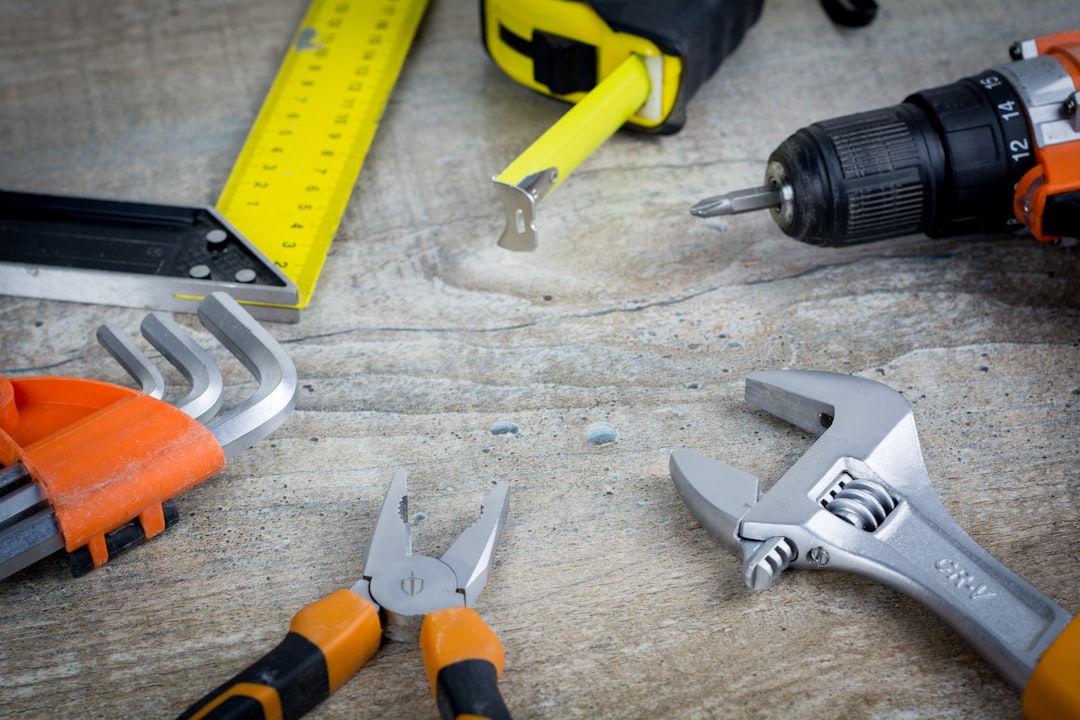
. Use Smart Home Tools
Smart thermostats and remote monitoring can help. For what to do if your heat stops working:
Check smart apps for error messages.
Reset systems remotely if supported.
Receive alerts if temperatures drop dangerously low.
Smart home technology makes winter safety more manageable.
10. Keep Emergency Supplies Ready
Being prepared helps during heating failures. Supplies include:
Flashlights and extra batteries.
Blankets, sleeping bags, and warm clothing.
Non-electric food and water options.
Homeowners in Londonderry houses for sale or other Southern NH homes benefit from preplanning for winter emergencies.
11. Communicate with Tenants or Family Members
If you rent or have others at home:
Inform tenants or family immediately.
Discuss temporary safety measures.
Coordinate to keep everyone warm and safe.
Communication is key when deciding what to do if your heat stops working.

12. Understand Seasonal Maintenance
Proper maintenance prevents future outages. To avoid repeating issues:
Schedule annual furnace or boiler inspections.
Replace air filters every 1–3 months.
Clean ducts and vents to improve airflow.
Proactive care ensures Southern NH homes stay comfortable all winter.
13. Recognize Warning Signs
Before a complete failure, your system may show symptoms. Watch for:
Unusual noises like banging, whistling, or rattling.
Weak airflow or inconsistent temperature.
Strange smells such as burning or gas odors.
Catching problems early reduces the risk of emergencies.
14. Consider Supplemental Heating
For older homes or large spaces:
Radiant floor heaters or baseboard systems add comfort.
Pellet stoves or electric fireplaces provide safe alternative heat.
Space heaters for specific rooms help manage energy costs.
Supplemental heat keeps homes livable until your main system is restored.
15. Evaluate Your Insurance and Safety Coverage
Unexpected outages can cause damage. To know what to do if your heat stops working:
Review homeowner insurance for heating-related damages.
Understand liability if you rent your property.
Keep contact info for emergency HVAC and plumbing services.
Preparation prevents stress during unexpected winter problems.
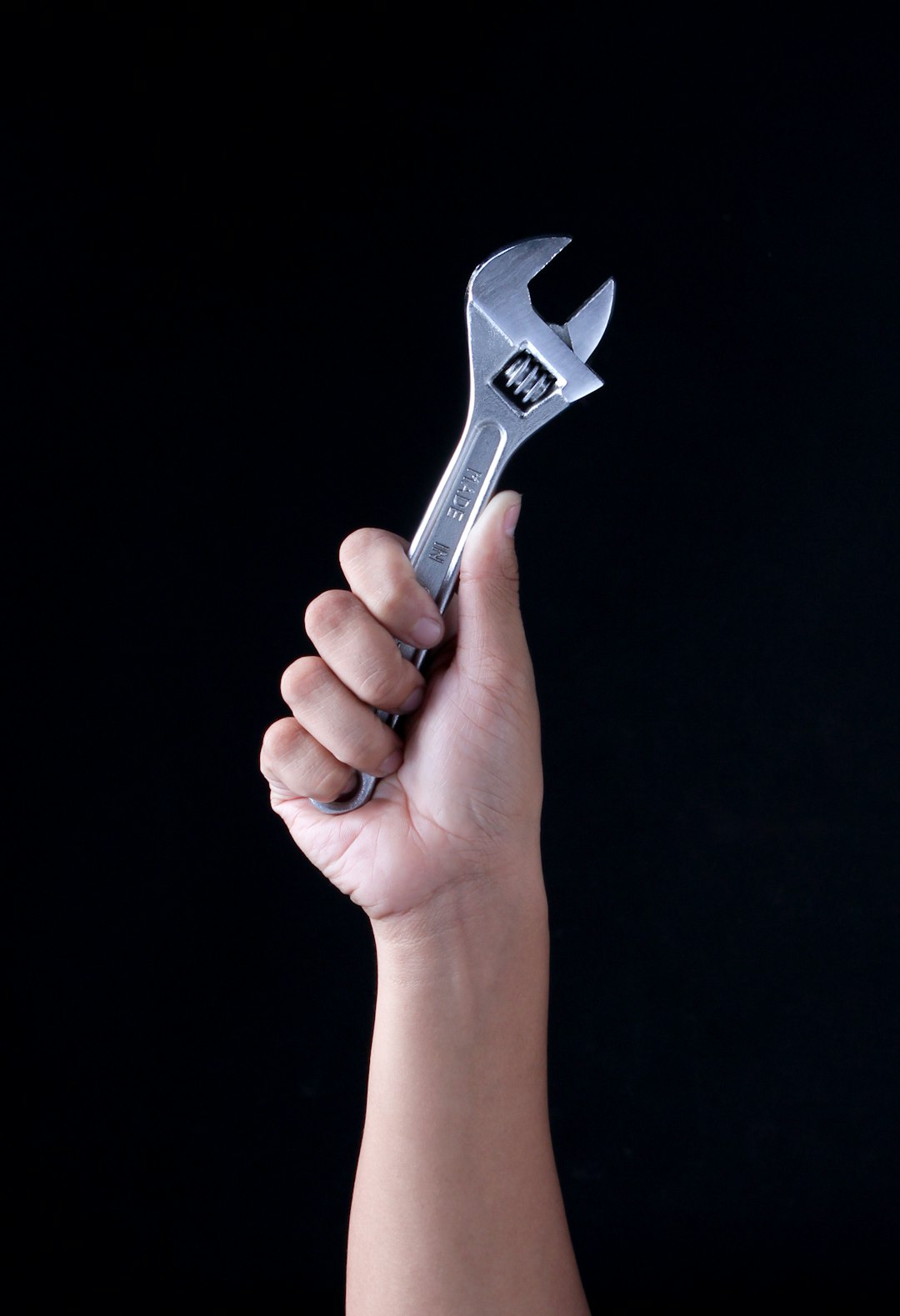
6. Protect Vulnerable Residents
Children, elderly, or pets are more at risk. To manage what to do if your heat stops working:
Keep warm blankets and clothing accessible.
Ensure pets stay indoors and warm.
Use safe temporary heaters in rooms where vulnerable people spend time.
Safety and comfort come first.
17. Keep Energy Efficient Practices in Mind
Even during outages, efficiency matters. Tips include:
Close doors and windows to trap heat.
Use thick curtains to insulate rooms.
Avoid opening unneeded rooms to save energy.
Energy awareness helps Southern NH homeowners maintain comfort.
18. Know Emergency Resources
Local resources assist during winter heating emergencies. Consider:
Utility company support for power or gas outages.
Town or state emergency shelters in Southern NH.
HVAC companies offering 24/7 emergency service.
Being informed reduces panic when deciding what to do if your heat stops working.
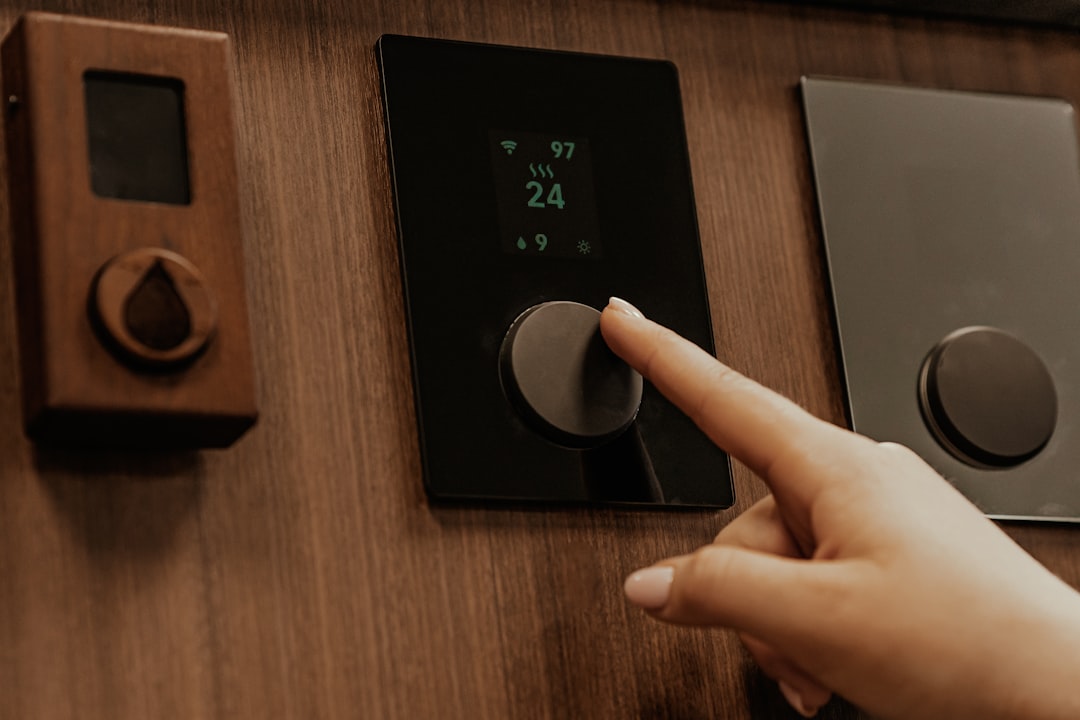
19. Plan for Future Upgrades
Repeated heating issues signal it may be time to upgrade. Steps include:
Evaluate energy-efficient furnaces or boilers.
Consider smart thermostats and zoning systems.
Inspect insulation and ductwork for improvements.
Upgrades increase comfort, safety, and home value, useful for Londonderry houses for sale.
20. Conclusion
Knowing what to do if your heat stops working helps Southern NH homeowners stay safe, warm, and prepared.
Start with thermostat and power checks.
Use temporary heat safely while calling professionals.
Protect pipes, vulnerable residents, and your property.
Consider long-term maintenance and future upgrades.
What to Do if Your Heat Stops Working
Whether you live in Londonderry houses for sale or other Southern NH homes, winter readiness and quick action prevent stress, costly damage, and safety risks.
If you need more tips on what to do if your heat stops working, or are ready to sell your house give us a call at (603) 883-8840. You can also sign up for your dream home search or reach out to Our Agents for more information. We’d love to help you with your real estate needs.
